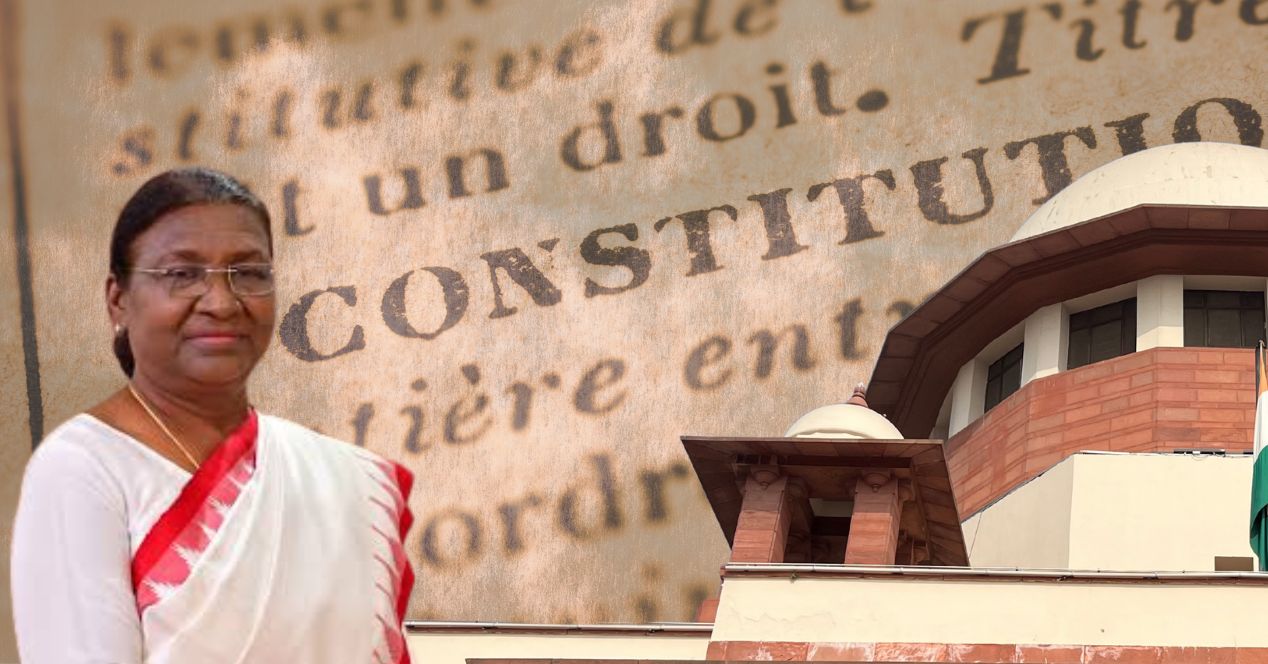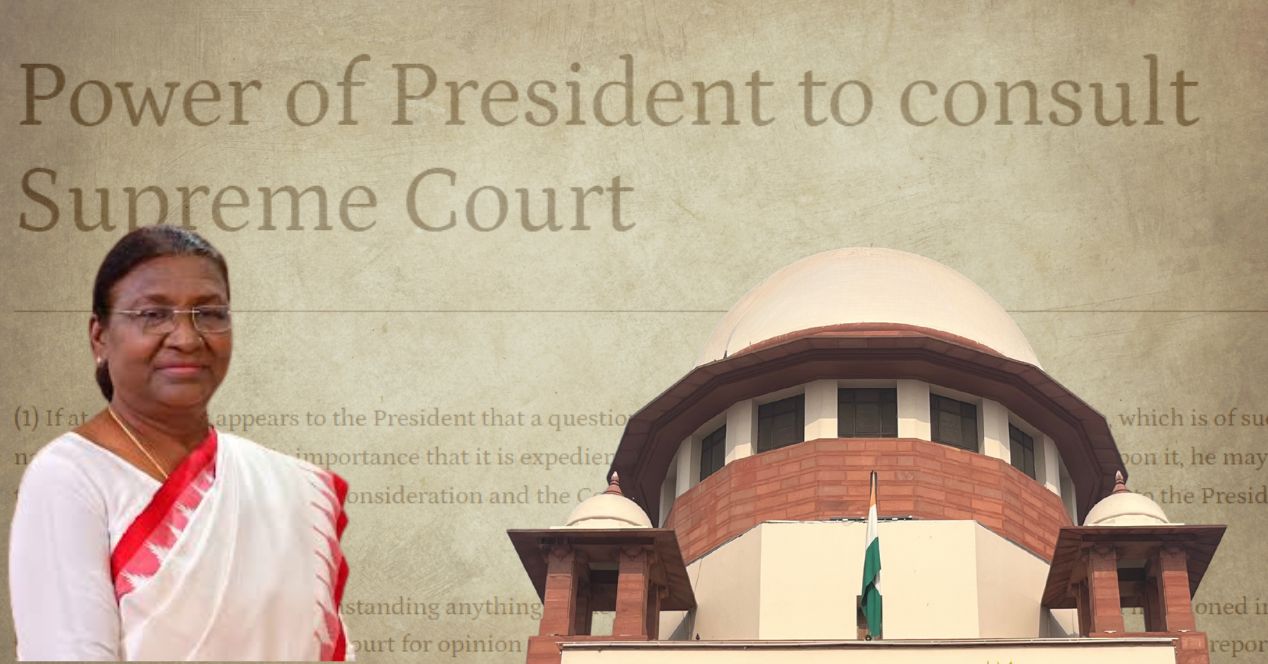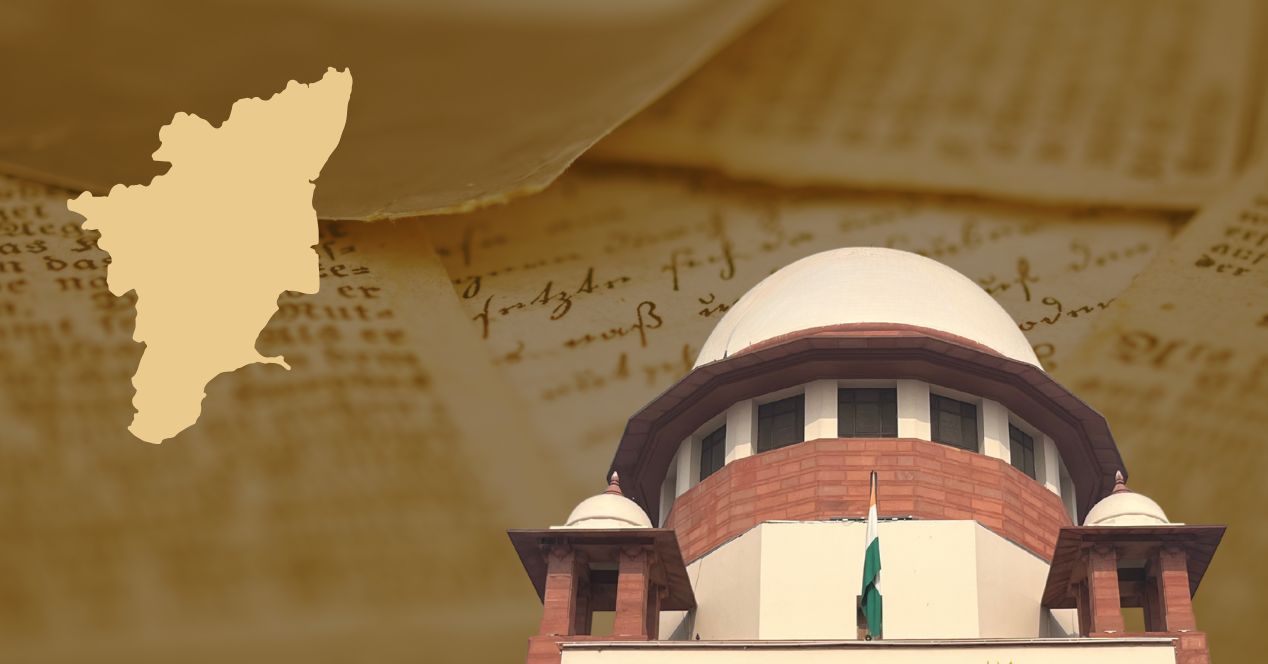Kerala Governor’s Withholding of Bills | Day 5: “Why is the Court hesitating to allow the state to withdraw the case?” Kerala asks
Pendency of bills before the Governor of KeralaJudges: P.S. Narasimha J, Joymalya Bagchi J
Today, a two-judge Bench of the Supreme Court heard the state of Kerala’s challenge to former Governor Arif Mohammed Khan’s prolonged withholding of eight bills passed by the State Legislature for around three years.
In the previous hearing, Senior Advocate K.K. Venugopal, appearing for the Kerala Government, sought to withdraw the case. Solicitor General Tushar Mehta, appearing for the Governor, opposed this request. He argued that the case was sensitive, concerning substantial questions of law and therefore cannot be “filed lightly or withdrawn lightly.” Though the Bench recognised Kerala Government’s right to withdraw the petition, they adjourned the case at the request of the Governor.
Background
On 1 November 2023, the State of Kerala filed a writ petition in the Supreme Court challenging the Governor of Kerala’s prolonged inaction on eight bills passed by the State legislature and pending his assent under Article 200. The State called the Governor’s delay a threat to the “basic foundations of our Constitution.” The petition was filed a day after Tamil Nadu approached the top court with a similar petition.
The state government’s petition argued that since the legislature had already deliberated on the “public interest” involved in the Bills, the Governor should either grant assent or return them within a reasonable time. Indefinite pendency of the Bills by the Governor, it said, violated Article 14 as it was manifestly arbitrary. It also argued that the delay violated Article 21, as the bills in question are “welfare legislations.”
The core issues in this case mirror those raised in two other decided cases: State of Tamil Nadu v Governor of Tamil Nadu (2025) and State of Punjab v Principal Secretary to the Governor (2023). A case from Telangana—State of Telangana v Secretary to Her Excellency, the Governor for State of Telangana—is still pending at the top court.
Issues
- Can the State of Kerala withdraw its petition?
- Is the case infructuous in light of the Supreme Court's decision in The State of Tamil Nadu v Governor of Tamil Nadu?
Venugopal: Why can’t the state withdraw the case?
Venugopal argued that the matter remains infructuous since the Supreme Court’s decision in State of Tamil Nadu v Governor of Tamil Nadu (2025). He added that the issues raised in this case will be further dealt with by the Supreme Court when hearing the 14 questions raised in a Presidential Reference on the assent of state bills by a Governor and the President under Articles 200 and 201 of the Constitution. The Presidential Reference came after the Supreme Court delivered its verdict in the Tamil Nadu Governor case.
In any case, Venugopal explained, the Court had already decided that the Governor could not inordinately delay the exercise of powers under Article 200, in the Tamil Nadu and Punjab Governor cases. He added that the reference will clear the little doubt that the Attorney General and Solicitor General appear to have in this case.
Mehta stated that both judgements in the Tamil Nadu and Punjab cases will be re-examined in the Presidential Reference.
The Bench remained focused on the technicalities of this case. “We find it very difficult—he (Venugopal) has the carriage of the proceedings. When he wants to withdraw, what can we do?” Justice P.S. Narasimha asked.
Mehta suggested that the Bench can “wait for the judgement and finalise the law based on what the larger Bench says.” The Bench expressed concern that the Reference had not yet been listed, with no clarity on the expected timeline. Preliminary hearings are yet to be heard by the Chief Justice and a Bench is yet to be constituted.
Bench: Request for time by the Union granted
“Let us consider for a minute that even if the reference is listed, he is entitled to withdraw the case,” Justice Narasimha said. “We can always persuade your Lordships to refer this case to a larger Bench,” Mehta replied.
“The issue is covered in the Reference, and the matter is also infructuous!” Venugopal argued. “I don’t see why your Lordships are hesitant to allow the State to exercise its power to withdraw its own petition.”
“We are not hesitating,” the Bench said. “There’s a request from the Attorney General for time.” Venogopal laughed and said: “But there has to be some rationale behind the request.” He quipped that both parties are going to spend money by delaying the process. “I have to charge the state government. The respondents will also be billing for their appearance. They should not send their bills, it’s unnecessary,” he said.
“The Central Government doesn’t spend much,” Mehta jokingly replied.
The Bench listed the case to be heard on 25 July. It clarified that tentatively, the court’s stand is that there cannot be an objection to the state’s withdrawal.



